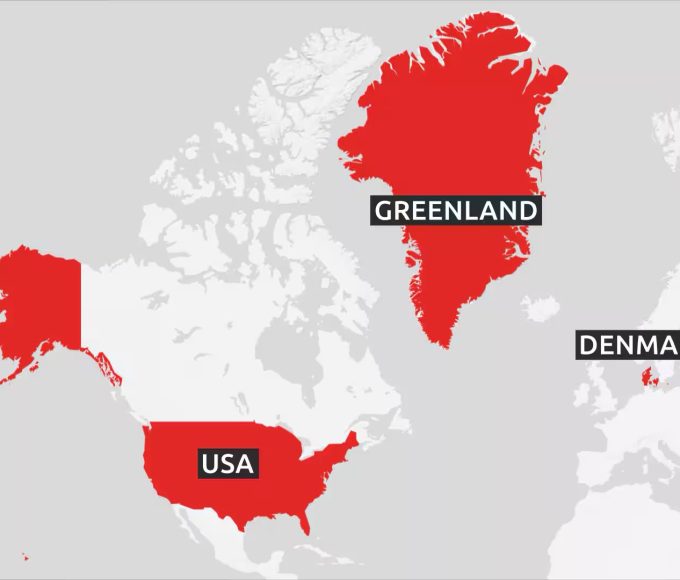
Like Burkina Faso, Mali Ratifies Treaty Formally Creating Confederation of Sahel States

Mali has officially ratified the treaty establishing the Confederation of Sahel States, solidifying its alliance with Burkina Faso and Niger to enhance defence, diplomacy, and development in the Sahel region.
The National Transitional Council (NTC) of Mali reached this historic milestone during a plenary session on November 1, 2024, unanimously adopting the law ratifying the treaty.
The treaty, initially signed on July 6, 2024, in Niamey, shows the deep aspirations of the Sahelian populations, as highlighted by Malian Minister of Foreign Affairs Abdoulaye Diop.
Built on three fundamental pillars: defence and security, diplomacy, and development, this embodies a comprehensive vision for regional cooperation.
General Assimi Goïta, President of the Malian Transition, has been entrusted with the inaugural presidency of the AES, emphasising Mali’s prominent role in this new regional configuration.
According to Malian authorities, this ratification aligns with the constitutional values of Mali, particularly its commitment to African integration. It marks the onset of a new era of strengthened cooperation among member states grounded in fraternity, solidarity, and friendship.
In September 2023, the leaders of Mali, Burkina Faso, and Niger signed the founding charter of the Alliance of Sahel States.
Subsequently, in January 2024, these nations withdrew from the Economic Community of West African States (ECOWAS), accusing the organisation of being influenced by foreign powers, particularly France—the creation of the Confederation during their first meeting in July 2024 further distances these countries from ECOWAS.
In response to this shift, ECOWAS has tasked Senegalese President Bassirou Diomaye Faye and Togolese President Faure Gnassingbé with engaging AES leaders in discussions to discourage their permanent departure from the organisation.
However, Burkina Faso’s National Assembly also approved constitutional amendments to facilitate the country’s entry into regional alliances like the AES.
Ivan Lochkarev, an expert from the Moscow State Institute of International Relations, views the AES as a promising alternative to Western-led regional integration institutions.
He criticised other African alliances, such as ECOWAS and the East African Community, for being mere replicas of Western models that fail to adapt to the dynamic needs of local populations.
Read More:
- AMAA 2024: Nigeria’s ‘The Weekend’ And South Africa’s ‘The Queenstown Kings’ Lead Wins
- Worsening Hardships Lead to 60% Decline in International Trips from Nigeria
- Court Overturns 2019 Non-Asset Declaration Conviction of Ex-CJN Following Settlement with FG
About The Author
Related Articles
Trump’s Greenland Threat Forces Europe to Taste the Logic of Western Colonial Power
It rarely begins with soldiers. More often, it begins with a sentence,...
ByWest Africa WeeklyJanuary 21, 2026The AFCON Final in Morocco and the Controversies That Followed
The Africa Cup of Nations final between hosts Morocco and Senegal ended...
ByWest Africa WeeklyJanuary 20, 2026Tinubu Government Claims Intelligence Cooperation With the US, Yet New York Times Publishes Conflicting Story Following $9 Million US Lobbying Effort
When the New York Times published its investigation suggesting that claims from...
ByWest Africa WeeklyJanuary 19, 2026Mali’s Transition Leader Attends Swearing-In of Guinea’s President Mamadi Doumbouya
Mali’s President of the Transition, General Assimi Goïta, represented the country in...
ByWest Africa WeeklyJanuary 19, 2026












Leave a comment